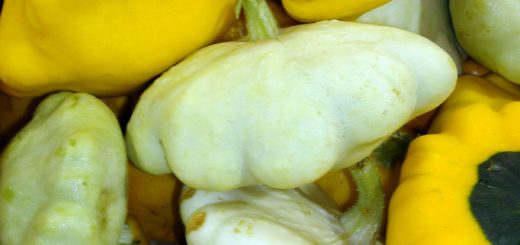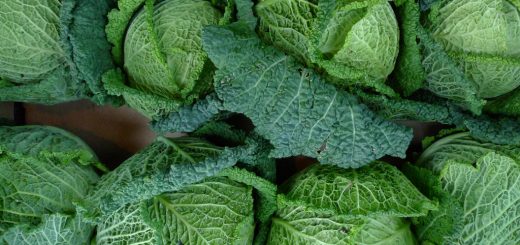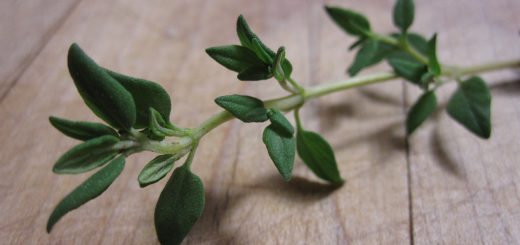Onions

Onions are part of the allium family of vegetables and herbs, which also includes chives, garlic, scallions, and leeks. Allium vegetables have been cultivated for centuries for their characteristic, pungent flavors and for their medicinal properties – these vegetables have been linked to a lower risk of certain cancers, including stomach and colorectal. A nutrient-dense food, onions are low in calories and high in beneficial nutrients like vitamins, minerals, and antioxidants.
Onions can vary in size, shape, color, and flavor. The most common types are red, yellow, and white onions. Flavors can be sweet and juicy to sharp, spicy, and pungent, often depending on the season in which they are grown and consumed.
Onions are a staple in many kitchens and pair well with most dishes. They can be roasted, grilled, pickled, caramelized, battered and deep-fried, sliced thinly or chopped and served raw in salads, sandwiches, dips, or as a garnish for tacos, making them among the most versatile and ubiquitous ingredients in the culinary arts.
Onions are known to make you cry when chopping or cutting the due to the presence of a sulfur-based gas. A few ways to avoid onion tears include:
• Cutting onions in a small pool of water, this can help keep the gases from making contact with your eyes.
• Using an extractor fan, exhaust hood, or even just opening a window for a fresh source of air can prevent the compounds from irritating the eyes.
• Cutting the onion near running water, or a cloud of steam.
Unpeeled onions are best stored in a cool, dry, dark and well-ventilated room, such as a pantry, cellar, basement or garage. Peeled onions can be stored in the fridge for up to two weeks, while diced or sliced onions will only last for 7–10 days.


